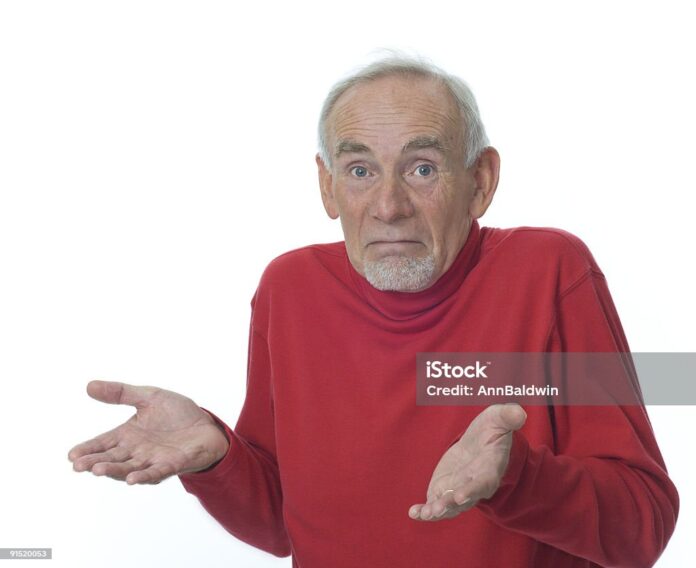Advice for battling major indecision
College decisions: the weights on the scales of the future are ever tipping one way or the other as students try to find ways of fitting inside a reality we can’t wholly control by taking the wheel on the parts that we can. There is a life waiting to be lived and a future ready for molding.
The ripple effects of choices made on campus are daunting, to say the least. Follow passion or practicality? Can they coincide? Are personality and interest fixed aspects of oneself or can we choose to pursue anything and find ways to appreciate it? Will living for the future waste a life and an experience that will never come again?
In other words, deciding on majors, minors and future plans, all while surviving the waves of homework on three cups of Cap Bar coffee can prove a bit stressful. Awaiting the end of the current window of freedom and choice can further add to that pressure.
It’s a fearsome thing, to switch majors at a rigorous university like the University of Dallas, but Patrick Sullivan, a senior theology major, decided to pursue the pre-med track as an upperclassman, as well as theology, and related the moment he knew he had to take the leap into the sciences.
“I was on the phone with my mom last November in front of Clark,” Sullivan said. “[I] was saying how I wished that I had done something with math and science. She pretty much said, ‘You’re twenty, you can do anything that you want to do,’ and that was just a really big moment for me.”
Sullivan promptly took a leap of faith, reached out to premed advisor Dr. Stenesen and added the necessary classes to his schedule.
All liberal arts fields are interconnected and learning science ultimately connects with the other fields as well. Sullivan found that the pre-med track not only supported his love of science but also carried over several elements that he had found interesting in theology and expanded his perspective on them.
“Both [biology and theology] have first principles, which is really cool. They both just start with something and then you expand from there. ” Sullivan said. “They’re both sciences and they’re both looking for truth, so whether it’s biology or chemistry or theology, it’s been really fascinating looking at the same truth but through different windows.”
Meanwhile, Ronan O’Reilly, now a junior classics major, entered the University of Dallas in pursuit of a STEM degree with the goal of making progress towards becoming an entrepreneur in the technology field. After enjoying several computer science courses, however, he realized he found a greater interest in the liberal arts while reading history.
“It was A Letter from a Birmingham Jail by Martin Luther King Jr., and it was only thirty pages, but in those thirty pages I got so much more than I had from studying physics, computer science or calculus in the last two weeks,” O’Reilly said. “That doesn’t apply to everyone but just in my mind, it felt like I had a connection in that moment with that book. Creatively thinking and working within a liberal arts education is just so much more conducive to who I am.”
O’Reilly switched to studying classics and enjoyed the similar focus on details in both ancient and programming languages. While close friends and family were supportive of the change, he did face concern or criticism from some who worried about the degree’s practicality, but O’Reilly felt differently.
“I’m really at college for an education. I don’t care about what I can get from it in terms of my career. I think there are so many opportunities out in the world that if I was really here for a career, I wouldn’t be here. I mean, I could drop out and get a great job,” O’Reilly said. “So, then it breaks down to the actual education, and that is the most important thing for me now.”
Both Sullivan and O’Reilly emphasized the need to ponder a decision before pursuing it, and advised not to allow fear to either paralyze or chase someone in a direction. The future is not fixed. Whether a student finds advisors to guide them on a new path or decides to totally switch gears after graduation, there are many points in life for decision-making.
If smart financial and health-related habits are in place and one is willing to work hard, I believe that the opportunities are endless. Scrambling and over-analyzing events that have not happened yet are really never worth it, so follow Bobby McFerrin’s advice and the examples of successful students – don’t worry, be happy.
